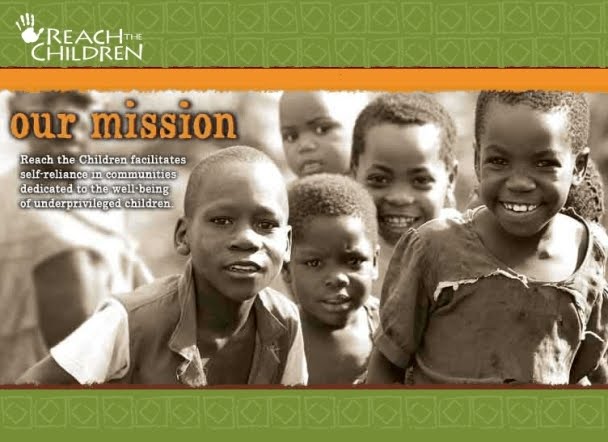With a donation of $2500, cows were purchased to create self-sustaining dairy farms for over 300 Western Kenyans. "Please tell others about it and please let us know if there are others you know who may wish to support this project."
DAIRY COW PROJECT REPORT FOR BERMUDA DAIRY PROJECT
By Jastus Suchi Obadiah
Introduction
The project targeted three groups of people, Anointed Youth Group from Kitale, SHIEBU Network (comprising of over 30 self help groups) and Inaya Secondary School with over 300 students. All the groups are found in Western Kenya. The project aimed at encouraging the local people to venture into dairy farming and appreciate it as a way of alleviating poverty.
The Project goals were:
- To improve income levels of the targeted families.
- To increase food production through milk production and crop farming by use of compost made from manure.
- To improve animal management skills of targeted farmers and students
- Create self employment opportunities in the targeted community.
Targeted groups
- Anointed Youth group (30 members)
- Inaya Secondary School (290 students)
- SHIEBU Network (33 self help groups each with about 10 members)
Methodology Used
Due to small land sizes as a result of traditional subdivision (from fathers to sons) thus Zero grazing method is recommended. This methods demands the cow to be restricted in one area and feeds brought to the animal for feeding. It has advantages such as: less energy is spent looking for food, grass, legumes and by-products in the farm are more efficiently used. The grass is not trampled upon by cows. Manure can be collected easily and there is decreased risk of diseases, tick infestation and even theft. However the method has a disadvantage that the animal is restricted to move in its natural way. Thus using this method, farmers are trained by Agricultural officers or group trainers to ensure sufficient space for the cow to move around and air circulation and allow natural light to enter. The unit should also be protected from excess rain and wind.
Before the distribution of cows, the following activities took place:
- First Round Beneficiaries were identified by each group.
- They were trained on livestock management.
- They had to construct the unit where the cow will stay.
- They had to grow sufficient grass to begin the project. They were trained on varieties of fodder crops to be grown.
From the funds ($2500) that were donated by Bermuda friends, five cows were purchased and distributed in June.
Anointed Youth Group
This is a group that comes from Kitale Area near Mount Elgon in Western Kenya. Though their name suggests that it is a youth group, it is actually comprised of members of all ages. They are very united in addressing challenges that affect them and their community.
Members of Anointed Group
They received three cows which were given to three families. One of the cows will deliver a calf in October.


The family of Dominic Kosgei

The family of Timothy Muyonga, this cow is due to calve in October and they will begin enjoying the milk for drinking and for domestic and sale.
Inaya Secondary School
This is a school with about 280 students from grade nine to twelve. The donated cow from Bermuda Friends was to enhance their Agricultural program which is aimed at training these students in agricultural skills. Most of them never end up in a university and thus learning dairy farming skills prepares them to catch up with economical life after school. They are excited to learn dairy farming at school and apply the skills in their homes. Calves born to this cow shall be distributed to graduating students or parents. With 280 students, it would be great if many more cows could be distributed here.

This is grade eleven of Inaya Secondary School
SHIEBU Network
This is a group of 33 self help groups, and has over 300 members. The cow was given to a sub group called Abulatebwa group. The cow was given to Eunice Lubengu with her family.

Eunice and her family
Local Contribution
Indeed the farmers that received the cows demonstrated a willing heart to participate and own the project. They attended training as required by the implementation policy, they constructed the units for cows and grew the needed grass. The monitoring report of August showed that each cow is in good conditions and are well fed. Government extension Agricultural officers are helpful in making sure that they help treat disease and give more knowledge at a subsidized fee. Farmers that received the cows are required to give out the first two heifers born to other two farmers within their groups.
Conclusion
The families that received are waiting and looking hopefully forward to the day they will have milk to use and to sell in order to increase the family income. Currently, they are benefiting from the manure, which they use to make compost to use in growing more produce in their gardens. Reach The Children, on behalf of the beneficiaries, wish to thank you so much for your wonderful donation to this project. Please tell others about it and please let us know if there are others you know who may wish to support this project.


